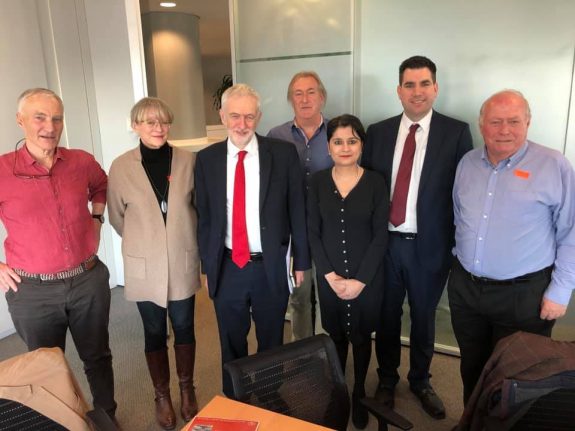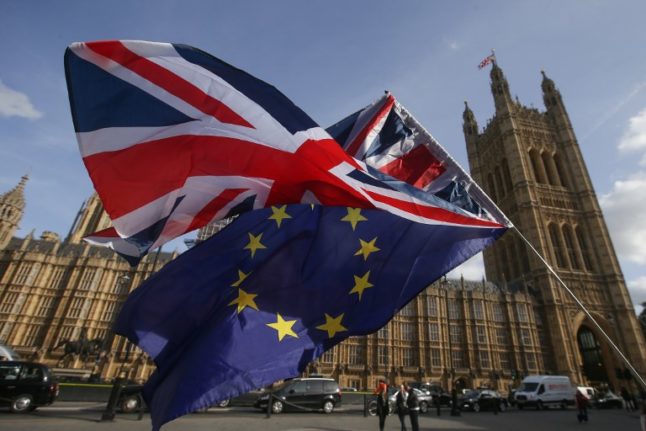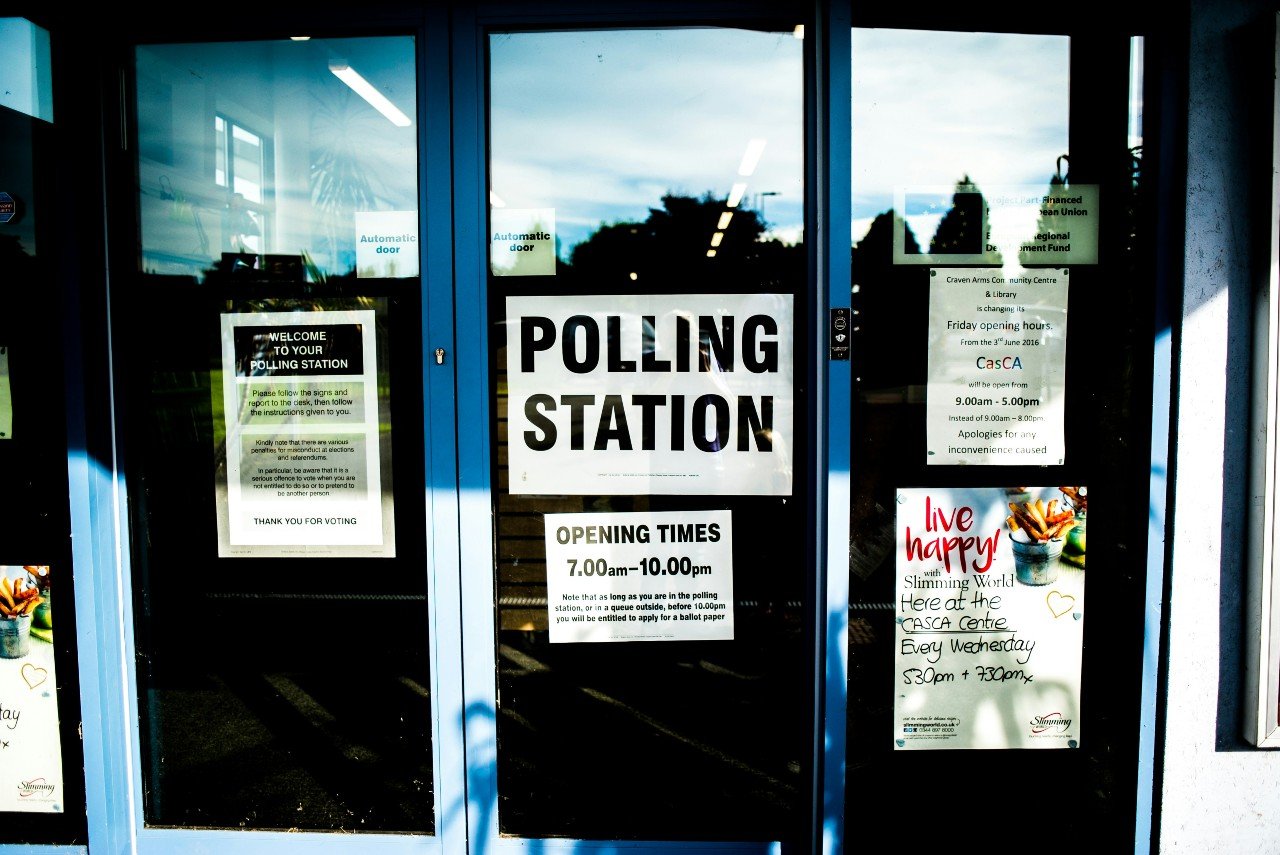Four Britons were sitting in a slick conference room on the 18th floor of Torre Espacio on an eerily sunny Friday afternoon.
Far below us cars crawled up the Castellana full of madrileños making an early getaway to the Sierra.
We huddled at one end of the baronial table and fingered our information packs for the Labour team: factsheets about Britons in Spain; weighty British in Europe reports about healthcare, no-deal contingency plans and pension coordination; and the ace in our pack, a letter from the3million and British in Europe asking for support for the Costa amendment to ring-fence citizens rights.
Jeremy Corbyn and his team swept in and sat amongst us, two shadow ministers, an aide plus audiovisual guys.
Introductions and first-name terms established, we got down to business.
We received approving nods when we explained our objectives, to defend British and Spanish immigrants affected by Brexit and to fight intolerance against migrants.
We outlined the profile of Britons in Europe, 80 percent are of working age or below (60 percent in Spain), and attacked the hackneyed stereotypes of well-off retirees sitting around pools drinking gin.
We plugged the Costa amendment relentlessly. We underlined its importance for both UKinEU and EUinUK citizens as the only way to end the uncertainty faced by citizens, as a no-deal Brexit becomes the default option.
Only an international treaty can give security to us and to EU citizens, given the Home Office's record. Corbyn replied that he was “very sympathetic”, was “completely behind us” and was “disgusted about how citizens have been used in the deal/no-deal tussle”. He would consult party whips and get back to us.
We moved onto issues in the UK government's gift: the enshrining of EUinUK rights in primary legislation and its impact on reciprocity for us, automatic pensions uprating, home university fees, votes for life and the rights of returning Britons to bring back close family.
We then briefed Corbyn for his meeting with Sánchez. We explained the horror of a no deal and the impact of an end to S1 healthcare and social security coordination on UK pensioners in Spain.
The Labour team were genuinely shocked when we showed them harrowing case studies and Corbyn said that he was “committed to stopping a no deal”. Finally, we asked him to bring up with Sánchez the issue of dual nationality for Britons in Spain, a case where reciprocity is not at work.
The next day we were elated to receive an email confirming Labour support for the Costa amendment. On Wednesday evening the motion was passed unanimously in the Commons.
Now Theresa May has a mandate to go back to Brussels to propose, for once in her life, something simple, straightforward and agreed on by Parliament: to ring-fence our rights and to finally take citizens off the bargaining table. That should have been done two years ago, but better late than never.
Michael Harris is the chair of EuroCitizens and a steering group member of British in Europe.
READ ALSO:
- OPINION: The Brexit media coverage of British immigrants in Spain reinforces hated stereotypes
- Becoming Spanish: 'Brexit has made me more than happy to renounce my British passport'







 Please whitelist us to continue reading.
Please whitelist us to continue reading.
Member comments